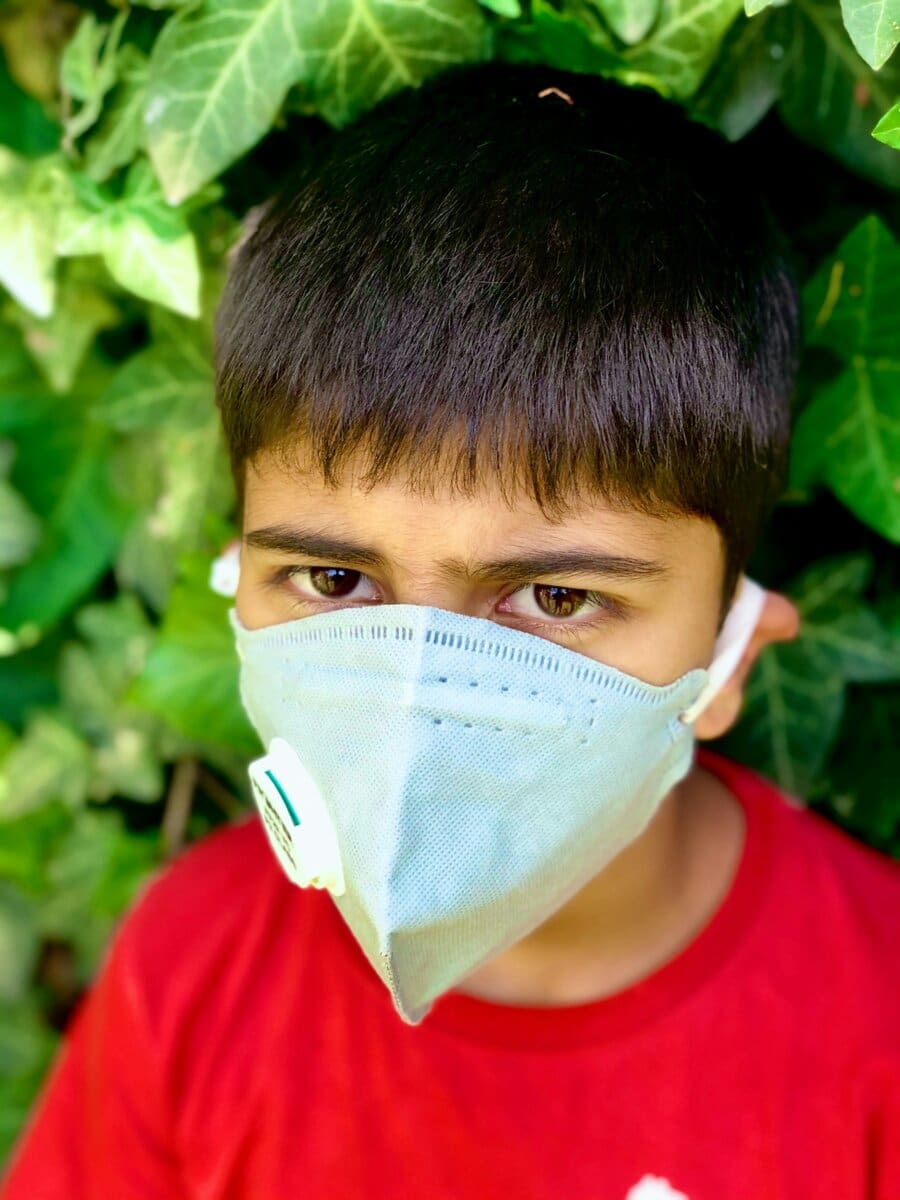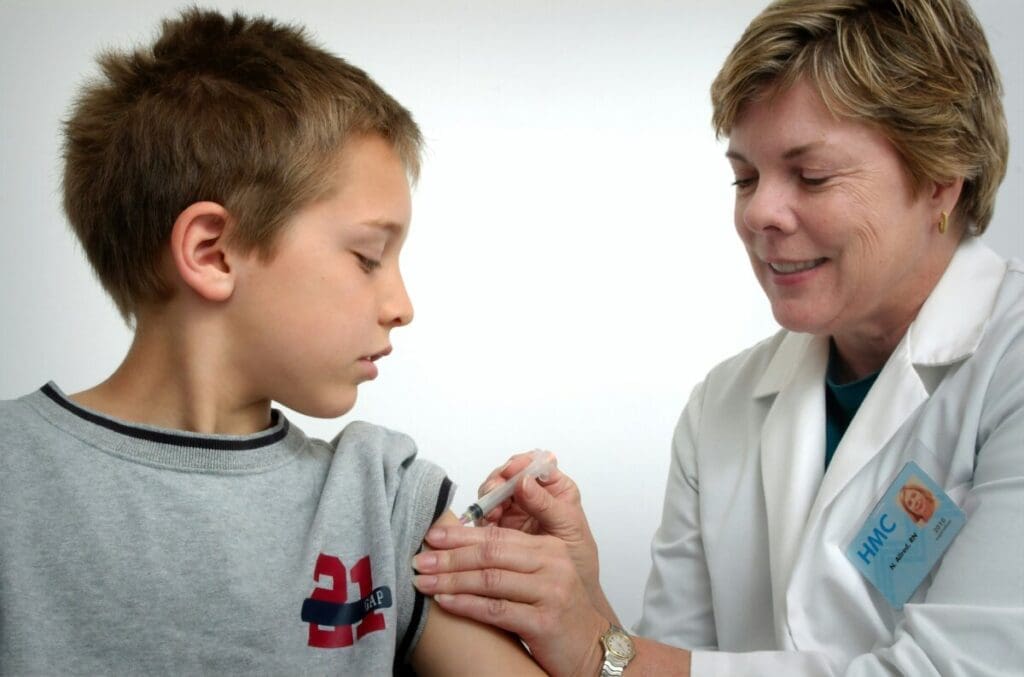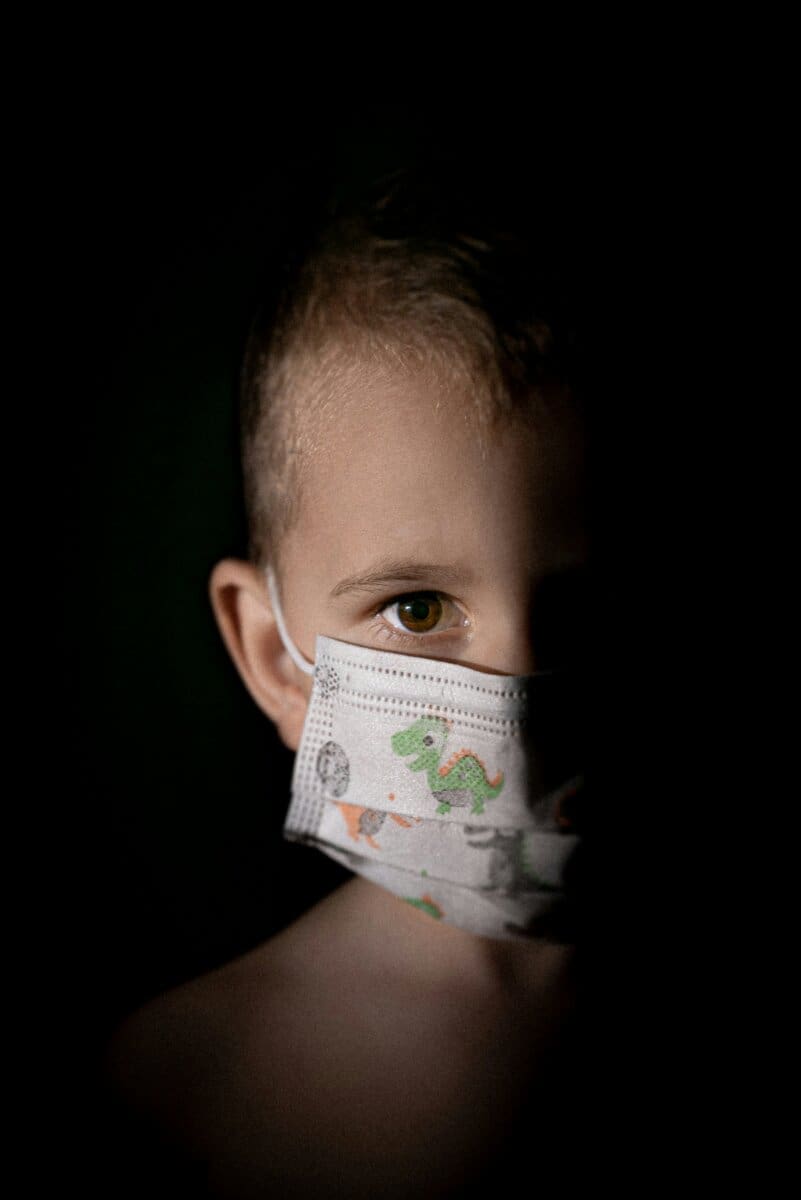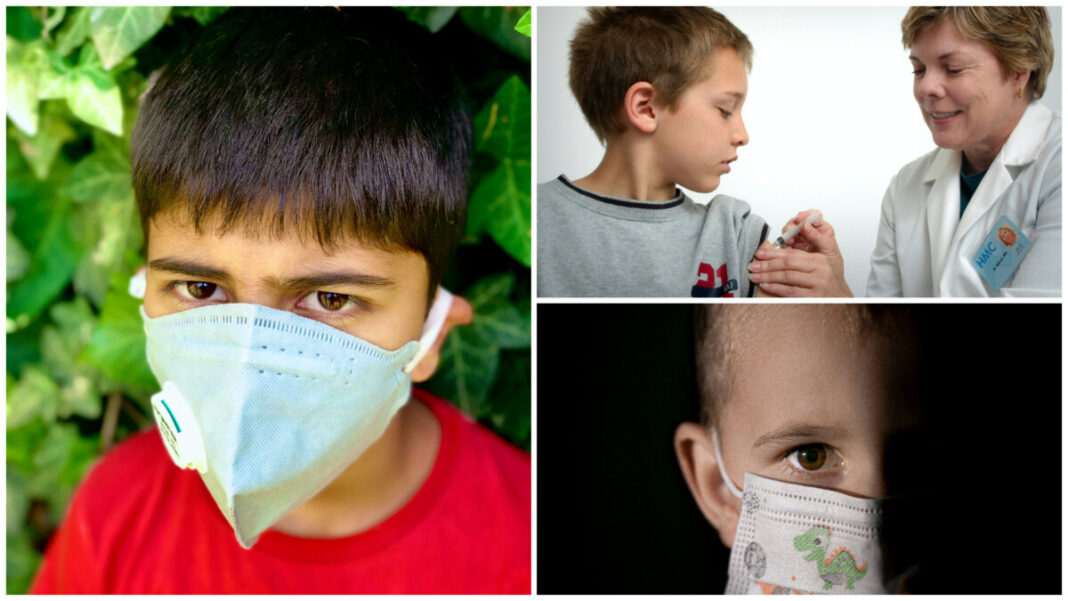Chronic Kidney Disease (CKD) is becoming an alarming health issue among Filipino children. Reports from the Department of Health (DOH) show a rise in pediatric cases.
The growing number of young patients reflects a broader problem linked to changing lifestyles, poor nutrition, and limited awareness about kidney health.
Government Response and Action

The recent visit of President Ferdinand Marcos Jr. to a young dialysis patient at the National Kidney and Transplant Institute (NKTI) in Quezon City highlighted the urgent need for stronger preventive measures. The government has since directed the DOH to intensify efforts against CKD through early detection, public awareness, and improved access to healthcare services for children at risk.
The Main Causes of CKD

Health experts point to diabetes and hypertension as the leading causes of kidney failure in the country. These conditions, once rare among children, are now appearing earlier due to unhealthy eating habits and lack of physical activity. Preventing these illnesses early on is crucial to reducing future CKD cases and ensuring better long-term kidney health.
What Happens in Chronic Kidney Disease

Chronic Kidney Disease occurs when the kidneys gradually lose their ability to filter waste and excess fluids from the blood. In its early stages, CKD often has no symptoms, allowing it to progress silently. As the disease worsens, harmful substances build up in the body, leading to fatigue, swelling, and other complications. Without treatment, CKD can progress to kidney failure, requiring lifelong dialysis or a kidney transplant.
How CKD Is Diagnosed

Early detection can make a significant difference in managing CKD. Simple medical tests are used to identify the condition, including urine tests to detect protein or blood, blood tests to measure creatinine and estimate the glomerular filtration rate (eGFR), and ultrasound scans to check for structural problems in the kidneys. Regular screening is especially important for children with a family history of kidney disease or congenital kidney issues.

